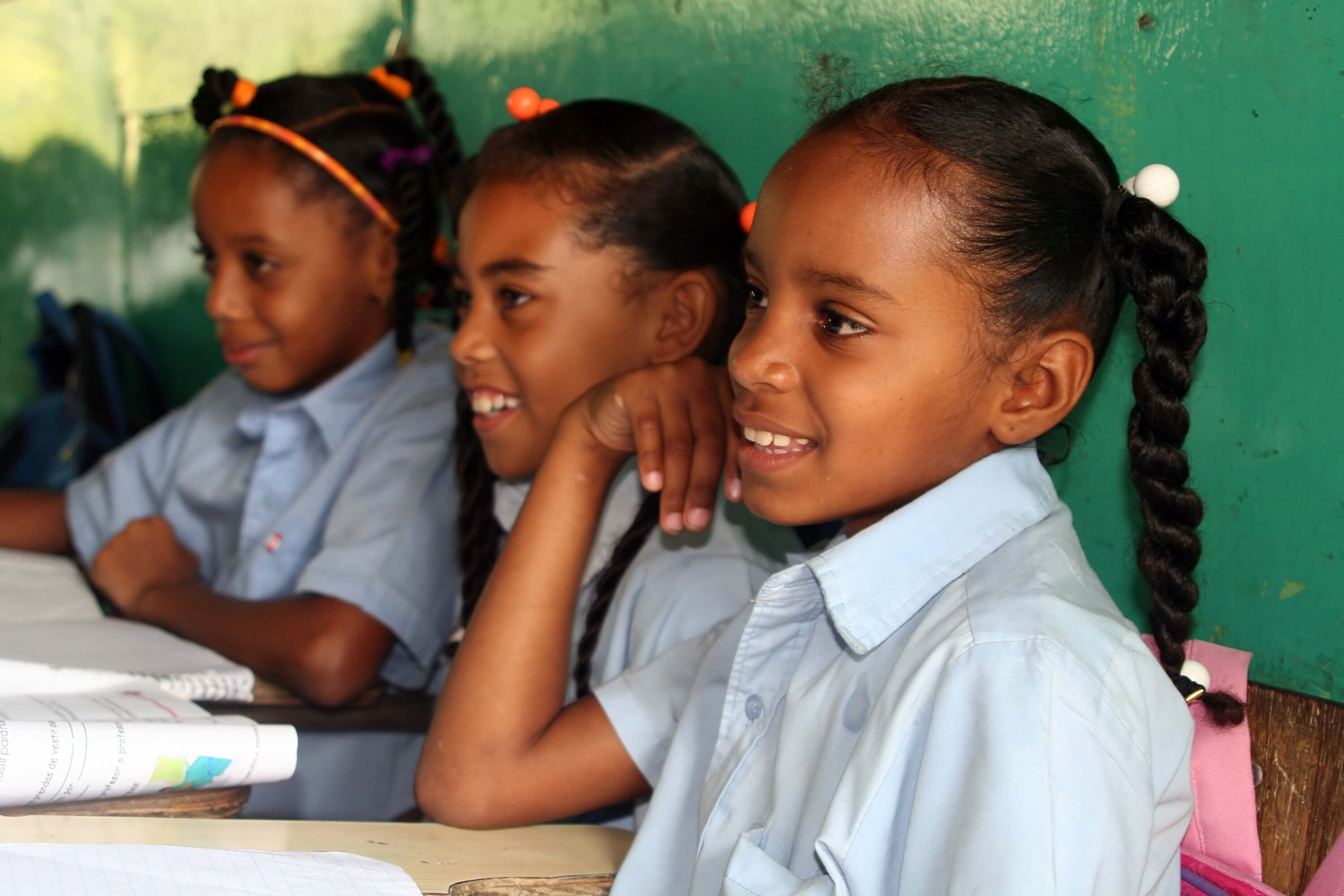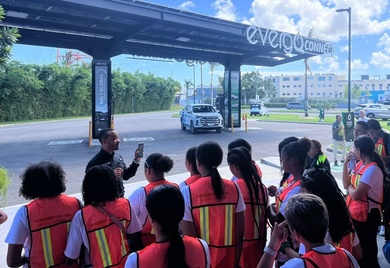How to Design Corporate Practices to Protect Human Rights

In the ever-evolving corporate governance landscape, integrating human rights into business practices has become a pivotal concern.
The recent Impact Talks at the IDB Invest Sustainability Week 2024 shed light on this critical issue, emphasizing the importance of structured human rights due diligence in corporate operations.
Almir Suruí, a leader of the Paiter Suruí people, and Gabriela Savian, Director of Public Policies at Instituto de Pesquisa Ambiental da Amazônia (IPAM), shared their perspectives on how human rights due diligence can be instrumental in fostering sustainable development in the Amazon.
They emphasized the need for businesses to engage with local communities, understand their challenges, and incorporate their insights into corporate strategies.
Note: The original video is in Portuguese; remember to activate the automatic close caption feature to read the subtitles in your preferred language.
With its rich biodiversity and cultural heritage, the Amazon presents unique challenges and opportunities for sustainable development.
By engaging with local communities, complying with regulations, and implementing the best ESG standards and practices, businesses can pave the way for a sustainable and ethical future.
The principles outlined by the United Nations on Business and Human Rights; and the OECD on Due Diligence and on Corporate Governance, provide a robust business framework.
However, the real impact lies in the collaborative efforts of governments, corporations, civil society, and local communities.
By working together, these stakeholders can create a more just and sustainable future.
LIKE WHAT YOU JUST READ?
Subscribe to our mailing list to stay informed on the latest IDB Invest news, blog posts, upcoming events, and to learn more about specific areas of interest.
Subscribe



